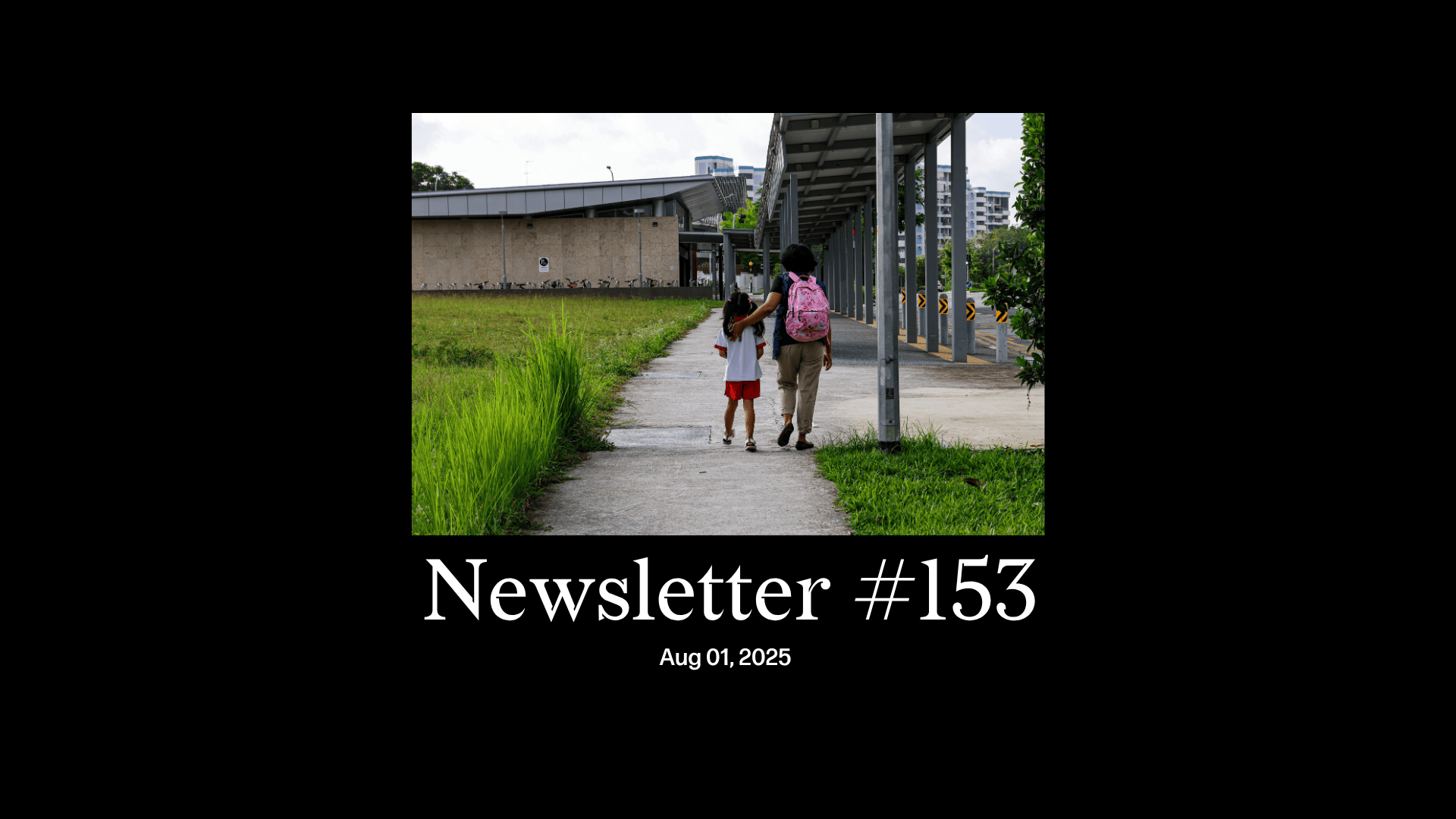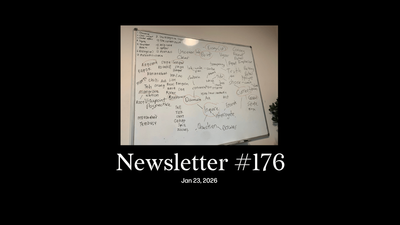Dear reader,
Jom’s reader survey next week. Should Jom start a podcast talk show? How can we improve “Singapore This Week”? What technology upgrades should we invest our limited funds in? Soon you’ll get a chance to tell us how we can serve you better. Please look out for the e-mail next week and spare 15 minutes to really engage with our survey. Your views matter. We’re building this community, organisation and product together. (You also might score a Jom tote bag.)
Obituary: Lui Hock Seng. Corrie Tan, our arts editor, has written a mini obit of photographer Lui in “Singapore This Week”. His story is inspiring in many ways, mostly because, to me, it speaks to an individual’s dogged determination, and the possibility of second careers and creative opportunities no matter how old you are. Just keep doing what you’re doing, and maybe one day the rest of us will catch up with you.
Corrie and Faris, our history editor, have been occasionally penning mini obits, but we’d love to eventually work with a regular Obituary columnist. Too many Singaporean lives pass us by, poorly documented and remembered. If you know of somebody who might be a good fit, please reply and let me know.
- Passing time with Lui Hock Seng
- Artist anGie seah in the Guan Huat Dragon Kiln
- Society cheers our South Asian sinkhole heroes
- Will Lawrence Wong oversee an enlightened approach to AI?
- How we can all help foster better male mental health
- Is bigotry on the rise? Findings from a new IPS survey
- The many spirits of Bidadari Park
- Carousell’s embrace of high fashion
And more, in our weekly digest. Read it now.
Essay: “A missed opportunity to tackle debt-bondage faced by migrant domestic workers?” by Robert Godden.
An executive at an MNC in Singapore hires a Filipino domestic worker who, unbeknownst to her employer, is trapped in debt-bondage. Perhaps she paid an agent illegal fees disguised as “training costs”. What responsibility does the MNC have in ensuring this doesn’t happen here? And what about the MNC’s institutional investors? Many of us might argue that they’re too far removed, that it’s unfair to expect them to get so involved in the nitty-gritty of local employment injustices.
But what if they’ve made public commitments to promote responsible investing and to combat human trafficking? Ah, perhaps that’s when we might call for greater involvement in the problem. This is the crux of the argument by Robert Godden, an advisor for the Domestic Workers Justice Initiative (DWJI), an organisation committed to ending trafficking and exploitation within expatriate communities.
“DWJI has a clear mission: employers of MDWs, particularly foreigners in high-paying roles, need to be made aware of how illegal hiring practices harm domestic workers and understand the role they can play in countering such practices. Moreover, the firms they work for must encourage the use of ethical employment agencies to break the cycle of exploitation.”
I like Robert’s piece partly because it helps us connect the dots on complex “supply chains”. A domestic worker’s labour frees up her employer to do knowledge work for a large multinational, whose performance in turn reaps rewards for its institutional investors. They’re all connected, though the further away one is on the chain, the easier it is to look away. Even if you have little interest in this particular issue, reading the essay might simply allow you to appreciate the complex web of interactions in other fields in your life.
We’re grateful as well to Singapore’s Ministry of Manpower for engaging with us on some of the arguments in the essay; we’ve included their responses. We must all do better to protect the vulnerable in our society. And you can start by reading Robert’s piece.
Jom baca,
Sudhir Vadaketh
Editor-in-chief, Jom
If you’ve enjoyed our newsletters, please scroll to the bottom of this page to sign up to receive them direct in your inbox.







